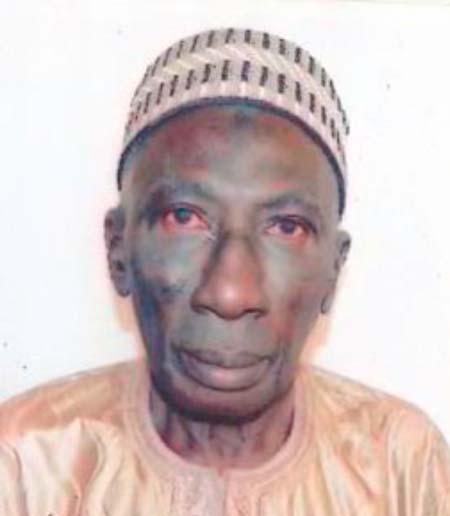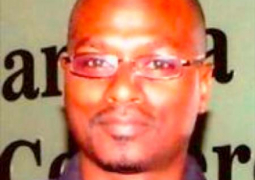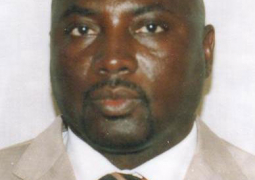
In
April 1992, The African Ministers of information meeting held in Abuja,
Nigeria, called for increased efforts towards creating the necessary condition
for the promotion of pluralistic media in the continent.
They
also adopted a resolution stating that there can be no democracy without a free
media. A free press along with an
independent Judiciary is essential for the protection of human rights in a democratic
society.
Public
official must be held accountable for their actions and a free press is the
people’s watchdog. The press must be free to investigate and to publish what it
finds true even if it embarrasses or hurts the career of powerful figures in or
out of office.
A
free press along with an independent Judiciary stands guard against abuses of
human rights, preventing them whenever possible and exposing them whenever they
occur.
The
journalists therefore should not sell their souls to the devil however
lucrative the price may be, as the end results will be consigned to the
dustbins of history.
The
role of the press in democratic Africa has during the past two decades aroused
much attention. In The Gambia where the brutal murder of the Editor and
Co-proprietor of The Point newspaper the late Deyda Hydara (May his blessed
soul rest in perfect peace), which was met with world condemnation, gave ample
reasons to arouse world attention to focus on the plight of journalists.
The
press in Africa has endeavoured through the years to persistently continue to
play the role of a watchdog and also a creator of directions for the common
good.
Without
doubt newspapers play a significant part in informing and forming public
opinion. It is awareness of this significant
role of the press that has made it necessary for the press to evolve into a
responsible arm of governance and society.
Freedom
of speech and thought is a right that the press has consistently defended in
all circumstances. It is a right that the press persistently guards with
responsibility. The role of the press is to protect intellectual freedom of all
civil liberties of which the most priced is the liberty of thought and
expression. It is this institutional role of the press that has earned it the
name of Fourth Estate.
The
press must hold the deep conviction that all opinions even erroneous should
have freedom of expression. Not frequently have opinions commonly held to be
false, proved to be true.
Furthermore
in the conflict between opinions even error serves a useful purpose in that it
stimulates truth to fortify itself.
For
this reason, the press has always defended the freedom of expression as a
primary requisite for the peaceful progress of human kind.
As
the venerated justice Oliver Wendel Holmes once declared on intellectual
freedom: “The ultimate good desired is better reached by the free trade in
ideas that the best of truth is the power of thought to get itself accepted in
the competition and that truth is the only ground upon which human wishes can
safely be carried out.”
Author:
Alhaji Ngang Demba Thomas is a veteran journalist



